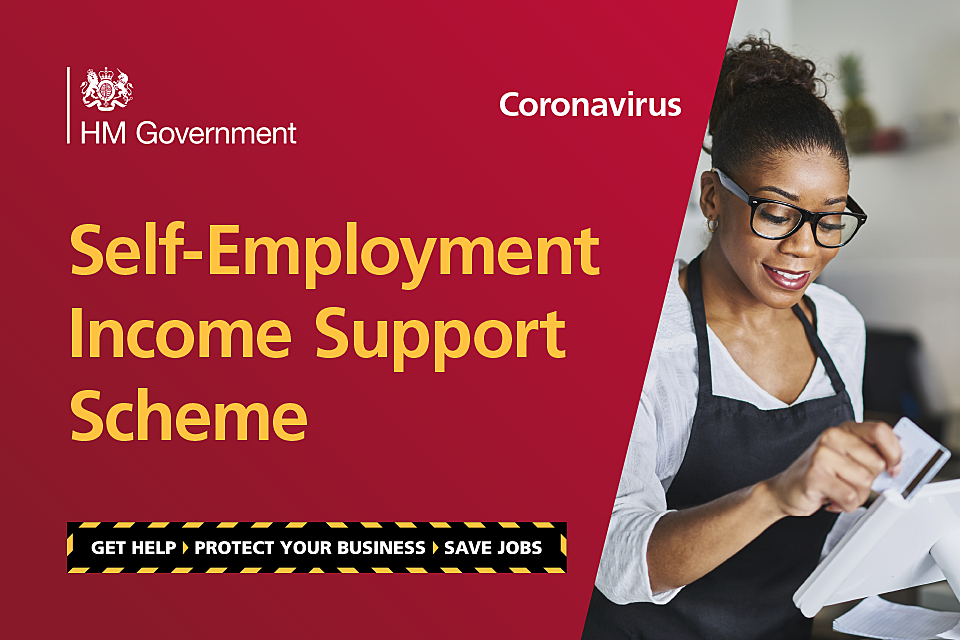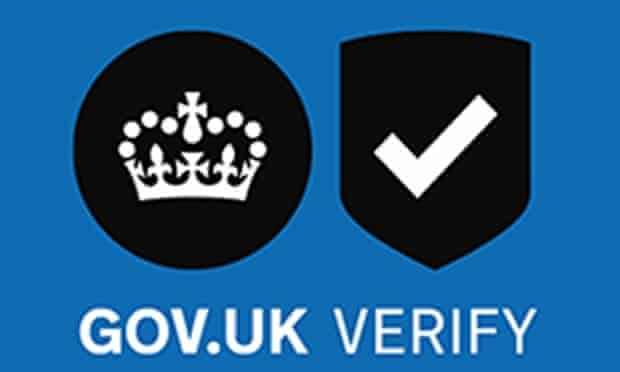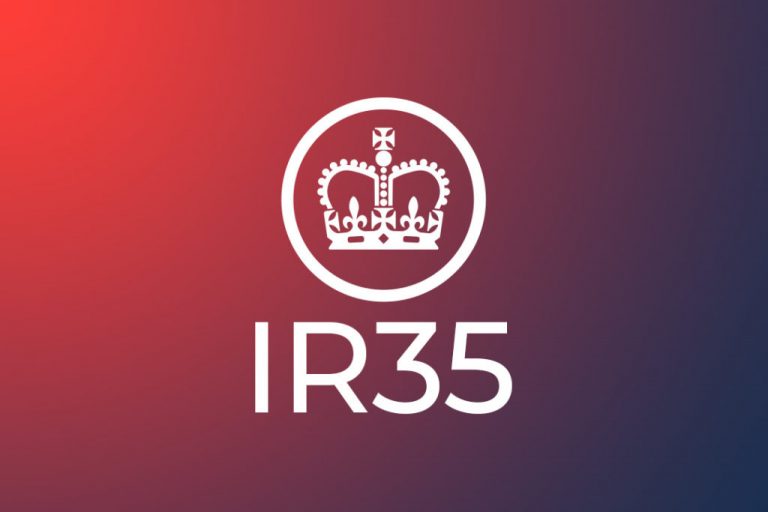25 November 2020: The eligibility criteria for the third SEISS grant have been further tightened. ICAEW’s Tax Faculty warns that the rules have changed, and claimants need to consider them carefully before claiming from 30 November.
The guidance for the third Self-employment Income Support Scheme (SEISS) grant has been published, less than one week before the portal opens for claims from 30 November 2020.
Earlier government policy announcements indicated that to qualify for the third grant, the business needs to not only be adversely affected due to coronavirus but also to:
- be currently trading but be impacted by reduced demand due to coronavirus; or
- have been trading but be temporarily unable to do so due to coronavirus.
The latest guidance on checking if you can claim a grant and new guidance on how trading conditions affect eligibility include an additional test which is that the taxpayer must:
- intend to continue to trade; and
- reasonably believe there will be a significant reduction in their trading profits due to reduced activity, capacity or demand or inability to trade due to coronavirus.
The Tax Faculty understands (and the direction makes it clear) that the significant reduction in trading profits test is to be applied to the accounting period as a whole. For many taxpayers, for example those that use a 31 March or 5 April accounting date, the significant reduction of trading profits will be expected to appear in the results they report on their 2020/21 tax return. However, some taxpayers, for example those that use a 30 April accounting date, will not report the trading results for the relevant period until their 2021/22 tax return.
The Tax Faculty is concerned about two aspects of these new requirements:
- The significant reduction in trading profits test applies to the tax year as a whole, which means that claimants will have to forecast their results to establish eligibility.
- It seems unlikely that HMRC will be able to effectively enforce the new requirements as to do so, it would have to consider some 2021/22 tax returns which may be submitted as late as January 2023.
HMRC’s guidance indicates that it expects claimants to make ‘an honest assessment’ about whether they reasonably believe that their business will have a significant reduction in profits.
Claimants are likely to need advice from their agent to consider whether they are eligible, adding to the strain on agents. Unrepresented taxpayers may well miss the fact that the criteria are significantly different from those that applied to the first and second grants.
To summarise, the eligibility criteria state that the taxpayer:
- must either be currently trading and impacted by reduced demand, or have been trading but be temporarily unable to do so due to coronavirus; and
- intends to continue to trade, and reasonably believes that the impact on their business will cause a significant reduction in their trading profits due to reduced business activity, capacity or demand or inability to trade due to coronavirus during the period 1 November to 29 January 2021.
HMRC has specifically said that a reduction in profits due to increased costs (such as having to buy masks) does not count for this purpose.
No claim can be made where the reduced activity, capacity or demand is caused solely because the person is required to self-isolate, or care for a person required to self-isolate, as a result of travelling to the UK.
HMRC’s guidance includes a number of examples of how the rules apply.
The third grant is calculated in the same way as the first and second grants (ie, it is based on the same tax years and the £50,000 income cap and 50% of income tests apply as before), so none of the previously excluded groups will qualify.




